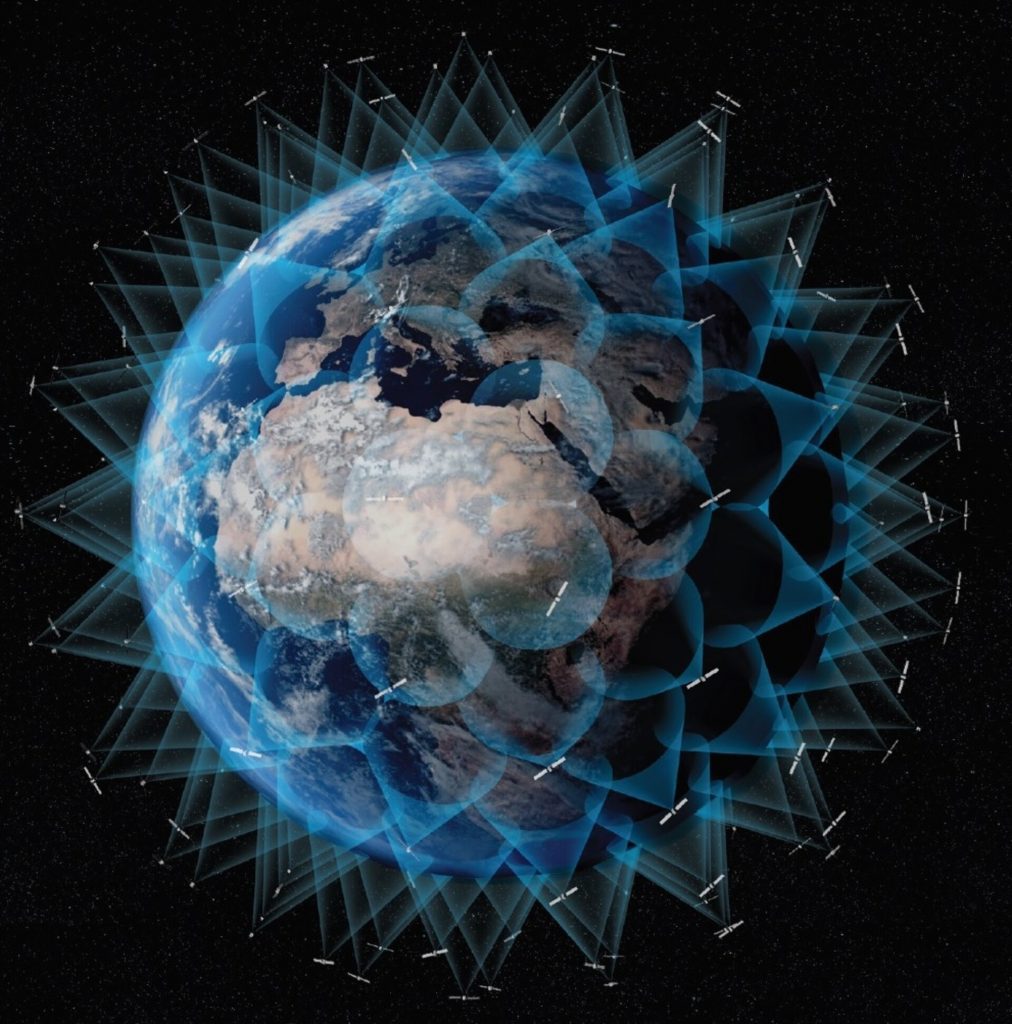Analyst: Mega-constellations update
March 7, 2023

Quilty Analytics has provided a summary update on the various operators who are either planning to launch satellite mega-constellations, or already have.
- Starlink has confirmed that Japanese budget airline Zipair is to offer its broadband service on its flights.
- OneWeb has agreed a $50 million capacity deal with Canada’s Galaxy Broadband Communications, one of Canada’s largest buyers of satcom services. The deal could impact traditional satellite agreements with Eutelsat, SES and Telesat.
- Amazon’s Project Kuiper has received a ‘thumbs up’ endorsement from CEO Andy Jassy, who says the Kuiper could become a ‘fourth pillar’ for Amazon, and potentially transformative for Amazon.
- The US Space Development Agency has issued a draft solicitation for fixed price bids for up to 72 ‘beta’ Tranche 2 Transport Layer satellites slated for launch in 2026.
- German-based optical laser communications terminal maker Mynaric has shipped two sets of terminals for Telesat’s ‘Blackjack’ LEO programme.
- OneWeb expects to begin its in-flight broadband services in “early 2024” having completed the deployment and coverage of its ‘Gen-1’ satellites by November/December this year.
- IRIS2, a multi-orbit quantum-encryption constellation, has been approved by the European Union’s parliament. The EU’s goal intention is to have initial services in 2024 which suggests that the end result will likely include existing GEO and MEO craft.
- Rivada Space Networks has ordered an initial 300 satellites from Terran Orbital. It also confirmed 12 launches with SpaceX. It needs half of these satellite to be in orbit by 2026.
Other posts by Chris Forrester:
- Rivada facing tough challenges
- Collar departure: “Hard to see a positive read”
- Dish, DirecTV keen to merge?
- Boeing accused of technology theft
- Analyst: Satellite DTD market worth billions
- Bank: Rocket Lab value boosted by Virgin Orbit assets
- Analyst: “TV Industry consolidation inevitable”
- Intelsat: ‘Insider trading’ appeal lodged
- ESA boss praises SpaceX
